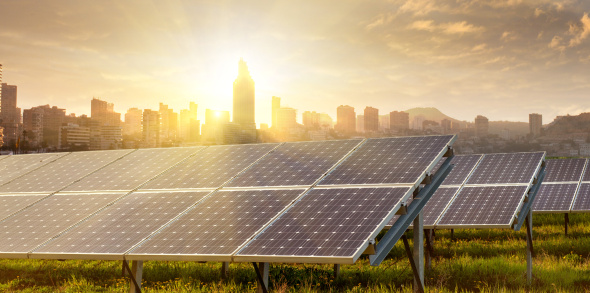Obviously the title of this discussion is a playful plagiarism of the book on Integral Ecology by Esbjorn-Hargens and Zimmerman. I do believe that the subject of gross physical energy has been woefully under-discussed in the integral community.
A great place to begin is a recent essay by Richard Heinberg that has been received to high acclaim over on the Resilience.org website, which is operated by the Post Carbon Institute, for which Heinberg is a senior analyst. Heinberg has been writing about energy for 12 years, and is the author of books such as Cloning the Buddha: The Moral Impact of Biotechnology; The Party's Over: Oil, War, and the Fate of Industrial Societies; Powerdown: Options and Actions for a Post-Carbon World; Peak Everything: Waking Up to the Century of Declines; Blackout: Coal, Climate and the Last Energy Crisis; The End of Growth: Adapting to our New Economic Reality.
In his latest essay, Our Renewable Future, Heinberg demonstrates that he is what I would call an energy realist. He does not demonize the fossil fuel industry, but he clearly lays out the formidable challenges we face as the climate crisis worsens and as easy access to these fuels continues to recede. Nor does he communicate as would a lobbyist for the renewable energy industry, hyping the benefits and downplaying the problems in this field.
Instead, Heinberg approaches the problems from multiple perspectives and honestly conveys his own biases, and encourages us to broaden our thinking:
I consider myself a renewable energy advocate: after all, I work for an organization called Post Carbon Institute. I have no interest in discouraging the energy transition—quite the contrary. But I’ve concluded that many of us, like Koningstein and Fork, have been asking the wrong questions of renewables. We’ve been demanding that they continue to power a growth-based consumer economy that is inherently unsustainable for a variety of reasons (the most obvious one being that we live on a small planet with finite resources). The fact that renewables can’t do that shouldn't actually be surprising.
What are the right questions? The first, already noted, is: What kind of society can up-to-date renewable energy sources power? The second, which is just as important: How do we go about becoming that sort of society?
As we’ll see, once we begin to frame the picture this way, it turns out to be anything but bleak.
I believe this to be an extremely important essay, and the embedded links provide even more depth, providing a great resource for essential 21st century energy literacy.
- David
Our Renewable Future

Or, What I’ve Learned in 12 Years Writing about Energy
(7000 words, about 25 minutes reading time)
Folks who pay attention to energy and climate issues are regularly treated to two competing depictions of society’s energy options.* On one hand, the fossil fuel industry claims that its products deliver unique economic benefits, and that giving up coal, oil, and natural gas in favor of renewable energy sources like solar and wind will entail sacrifice and suffering (this gives a flavor of their argument). Saving the climate may not be worth the trouble, they say, unless we can find affordable ways to capture and sequester carbon as we continue burning fossil fuels.
On the other hand, at least some renewable energy proponents tell us there is plenty of wind and sun, the fuel is free, and the only thing standing between us and a climate-protected world of plentiful, sustainable, “green” energy, jobs, and economic growth is the political clout of the coal, oil, and gas industries (here is a taste of that line of thought).
Which message is right? Will our energy future be fueled by fossils (with or without carbon capture technology), or powered by abundant, renewable wind and sunlight? Does the truth lie somewhere between these extremes—that is, does an “all of the above” energy future await us? Or is our energy destiny located in a Terra Incognita that neither fossil fuel promoters nor renewable energy advocates talk much about? As maddening as it may be, the latter conclusion may be the one best supported by the facts.
If that uncharted land had a motto, it might be, “How we use energy is as important as how we get it.”...
Read the full essay here.
